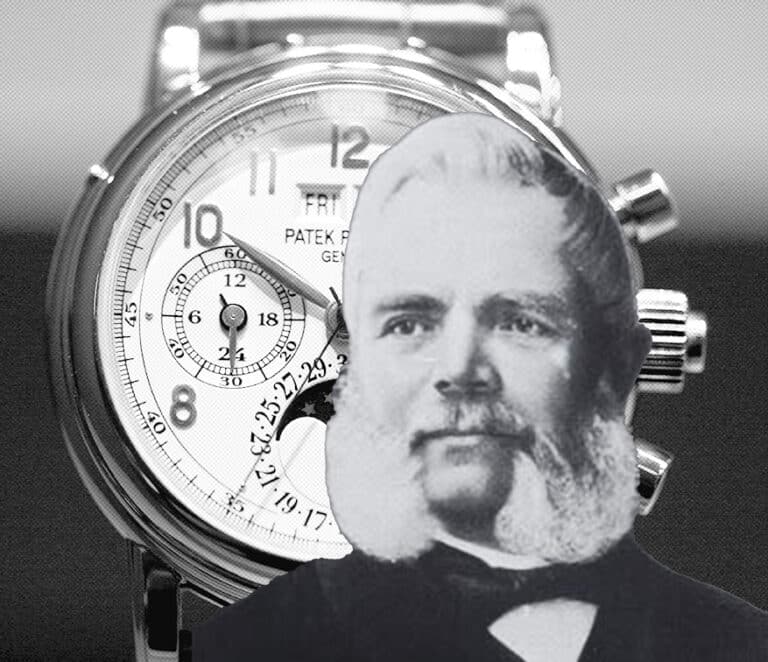Quantifying Health: The Role of Biomarkers in measuring quality of health & longevity
In the pursuit of optimal health and longevity, understanding the intricate mechanisms that reputate the aging and health is paramount. We emphasize the importance of biological age over chronological age as a key indicator of an individual’s health status, allowing us to tailor interventions that mitigate age-related risks, factors and improve quality of health.
Biological Age vs. Chronological Age
Chronological age often fails to accurately reflect an individual’s quality of health. Factors such as lifestyle, nutrition, stress, and sleep play crucial roles in determining biological age. By utilizing a range of validated biomarkers and diagnostic tools to assess biological age, we provide a more accurate representation of an individual’s health, enabling us to set effective health goals and strategies for longevity. What is more important, we are able to improve biological aging, using personalised interventions.
Genetics and Epigenetics
Genetic predispositions account for approximately 10% of our longevity and 20% of our health outcomes. Understanding these predispositions is crucial for mitigating potential risks. Our assessments consider both genetic and epigenetic factors—environment, diet, stress, and lifestyle—that can activate detrimental genetic pathways. We develop personalized, holistic strategies aimed at optimizing health and longevity.
Hallmarks of Aging
Aging is a complex process involving various biochemical, genetic, and physiological changes. The hallmarks of aging include genomic instability, telomere attrition, epigenetic alterations, inflammation level, and mitochondrial dysfunction, among others. Understanding these mechanisms is essential for developing effective interventions. Our diagnostic tests and interventions are designed around these hallmarks, addressing the root causes of aging and age related diseases.
Environmental Health
Environmental factors profoundly impact our health, contributing significantly to the burden of disease. Pollution, UV radiation, chemicals, and heavy metals in our environment can adversely affect our health. We focus on identifying environmental risk factors and implementing solutions to mitigate these risks, thereby enhancing overall health and longevity.
Psyche and Emotion Management
Mental and emotional well-being are fundamental to achieving vitality and longevity. Scientific evidence underscores the significant impact of mental health on bodily systems, including the immune and nervous systems. Poor mental health is linked to chronic inflammatory conditions, highlighting the need for a healthy immune system. We prioritize mental well-being as a cornerstone of our holistic approach to health.
Cognitive Functions
Cognitive performance is integral to our quality of life and effectiveness in daily activities. We employ advanced tools to test and monitor cognitive abilities, applying the latest interventions to enhance cognitive function. This proactive approach helps prevent degenerative diseases of the central nervous system and supports overall brain health.
Circadian Rhythm
Circadian rhythms are 24-hour cycles that regulate essential bodily functions, including the sleep-wake cycle. These rhythms are influenced by environmental factors, particularly light, and play a crucial role in physical and mental health. We recognize the importance of circadian rhythms and incorporate strategies to optimize them, enhancing health and longevity.
Gender-Specific Medicine
Understanding the genetic and hormonal differences between men and women is vital for personalized health assessments. We conduct thorough evaluations of these differences, including hormonal makeup and balance, to provide tailored health strategies. This approach ensures that both men and women receive the most accurate and effective interventions for their unique health needs.
According to preliminary 2023 data from Eurostat, life expectancy in the EU was 81.5 years, up by 0.9 years from 2022. Thanks to the latest scientific achievements and technologies, we can live not just longer, but healthier and more vibrant lives.
At Longevity Center in Warsaw, we are dedicated to advancing health and longevity through the comprehensive assessment and application of biomarkers of aging. By focusing on biological age, genetic and epigenetic factors, environmental health, mental well-being, cognitive function, circadian rhythms, and gender-specific medicine, we empower individuals to achieve optimal health and longevity.







